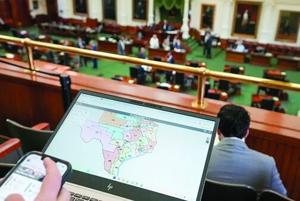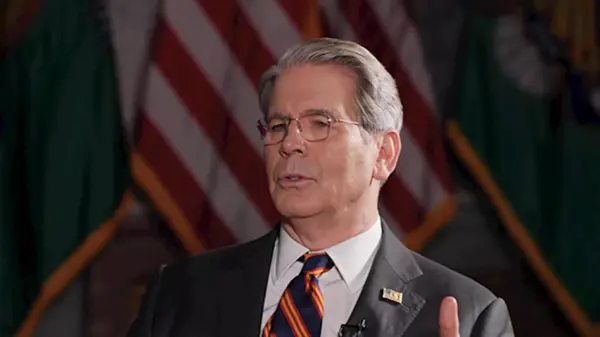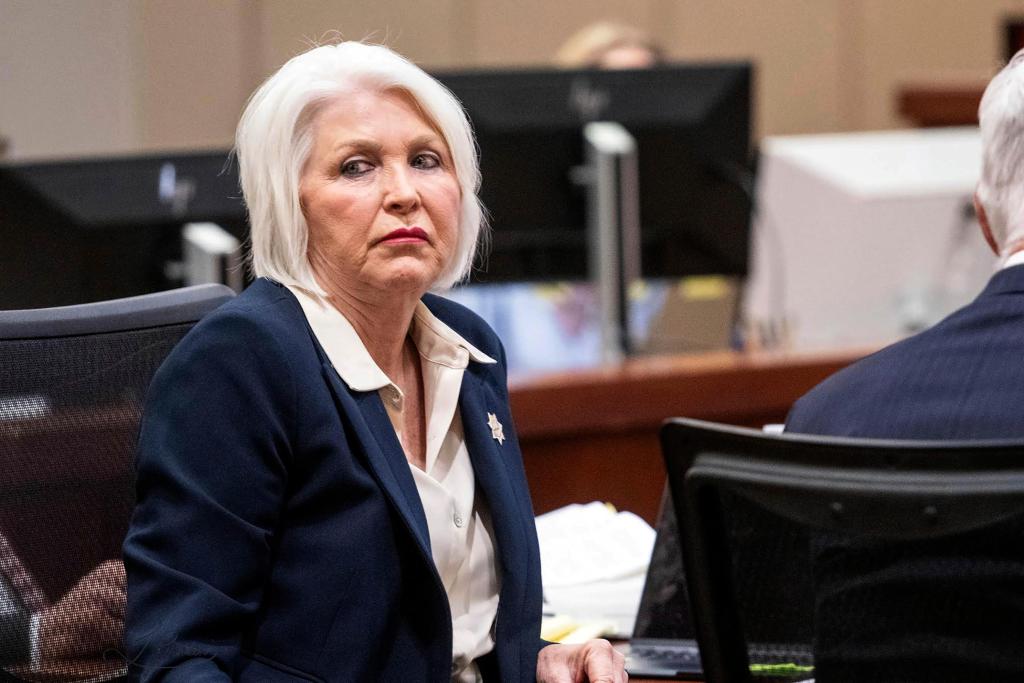The Colorado Department of Corrections (DOC) has officially declined a request from the Trump administration to transfer Tina Peters, currently incarcerated at the La Vista Correctional Facility, to the federal prison system. The DOC characterized the request as inconsistent with “standard practice” for inmate transfers, issuing this statement on the evening of March 5, 2024.
The federal request had drawn significant attention from local officials, including Governor Jared Polis, who faced pressure from county clerks and other elected representatives to deny the transfer. Concerns were also raised by Attorney General Phil Weiser and Secretary of State Jena Griswold, both of whom expressed unease over the lack of a definitive response from the governor’s office regarding the federal inquiry.
According to DOC spokeswoman Alondra Gonzalez-Garcia, Colorado law stipulates that only the state has the authority to initiate transfer requests for inmates held in state facilities. In an email, Gonzalez-Garcia made it clear: “There is no standard practice for another prison system to request a transfer. The Department is not currently seeking any transfer.” When asked if this meant that the state had rejected the federal request, she confirmed, “Yes, that is correct.”
The push for Peters’ transfer has garnered support from allies of former President Donald Trump. Peters is serving a nine-year sentence after being convicted in 2023 for charges related to unauthorized access to voting equipment during her tenure as the elected clerk for Mesa County. Her actions were part of a larger effort to propagate debunked claims of election fraud in the 2020 presidential election. During her sentencing, District Judge Matthew Barrett criticized Peters, stating, “You’re as defiant as any defendant this court has ever seen. You are no hero. You abused your position and you’re a charlatan.”
Earlier this month, William K. Marshall III, head of the Federal Bureau of Prisons, sent a letter to the Colorado DOC advocating for Peters’ transfer. In his correspondence, he argued that such a move would allow Peters to serve her sentence under conditions more aligned with her case specifics, claiming that her current confinement conditions were not conducive to her situation.
The intent behind the federal request remains unclear. In a letter addressed to Governor Polis, Weiser and Dan Rubinstein, the Mesa County District Attorney, cautioned that approving the transfer could enable the federal system to provide “a politically connected inmate the comforts of an easier sentence.” They further warned it could lead to the unauthorized or illegal release of a convicted felon by federal authorities.
In recent developments, Peters’ legal team filed a motion in federal court indicating that she had been placed in solitary confinement due to safety concerns. Her attorneys have also raised alarms about her deteriorating health, emphasizing the urgency of her situation.
As this story unfolds, the implications of the DOC’s decision extend beyond Peters herself, potentially affecting the discourse surrounding election integrity and political influence in Colorado.
The discourse around this case continues to resonate within political circles, as calls for transparency and accountability in the handling of politically sensitive cases gain momentum.




































































